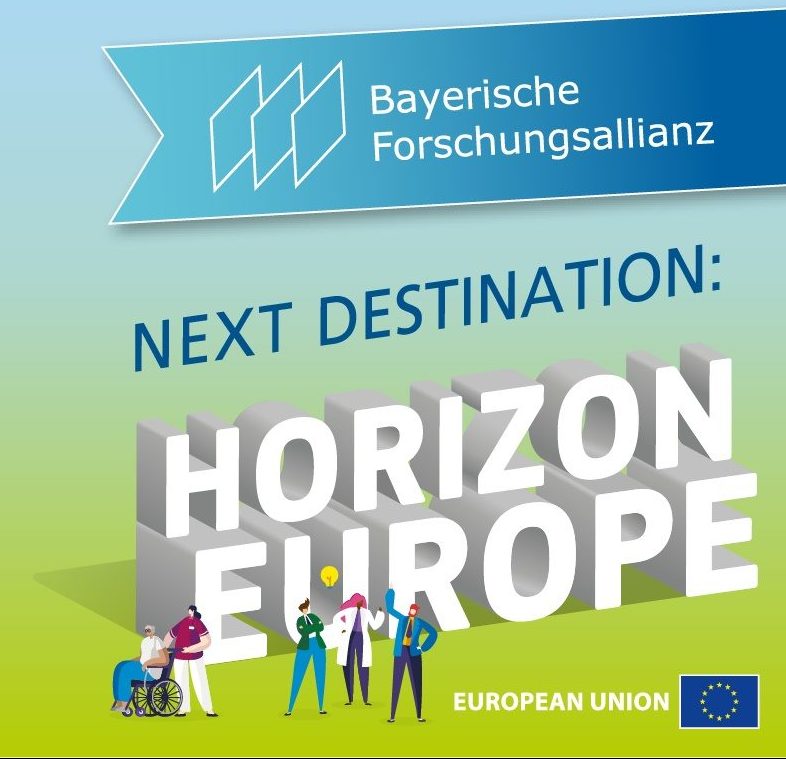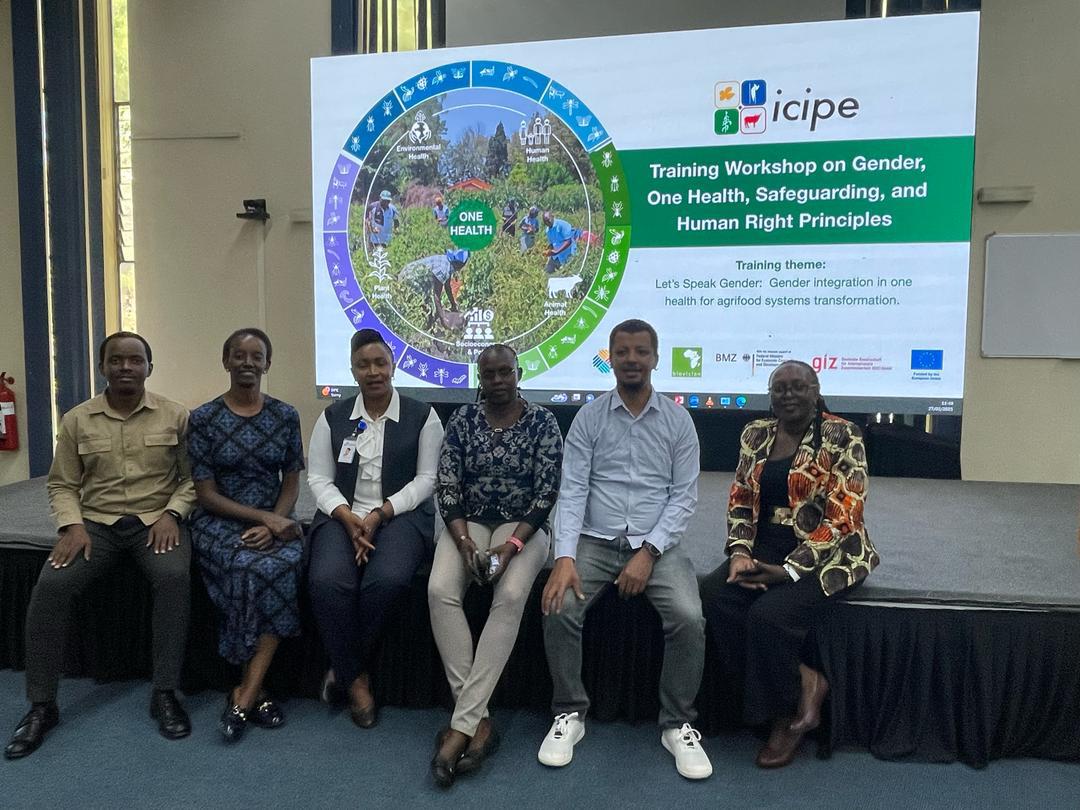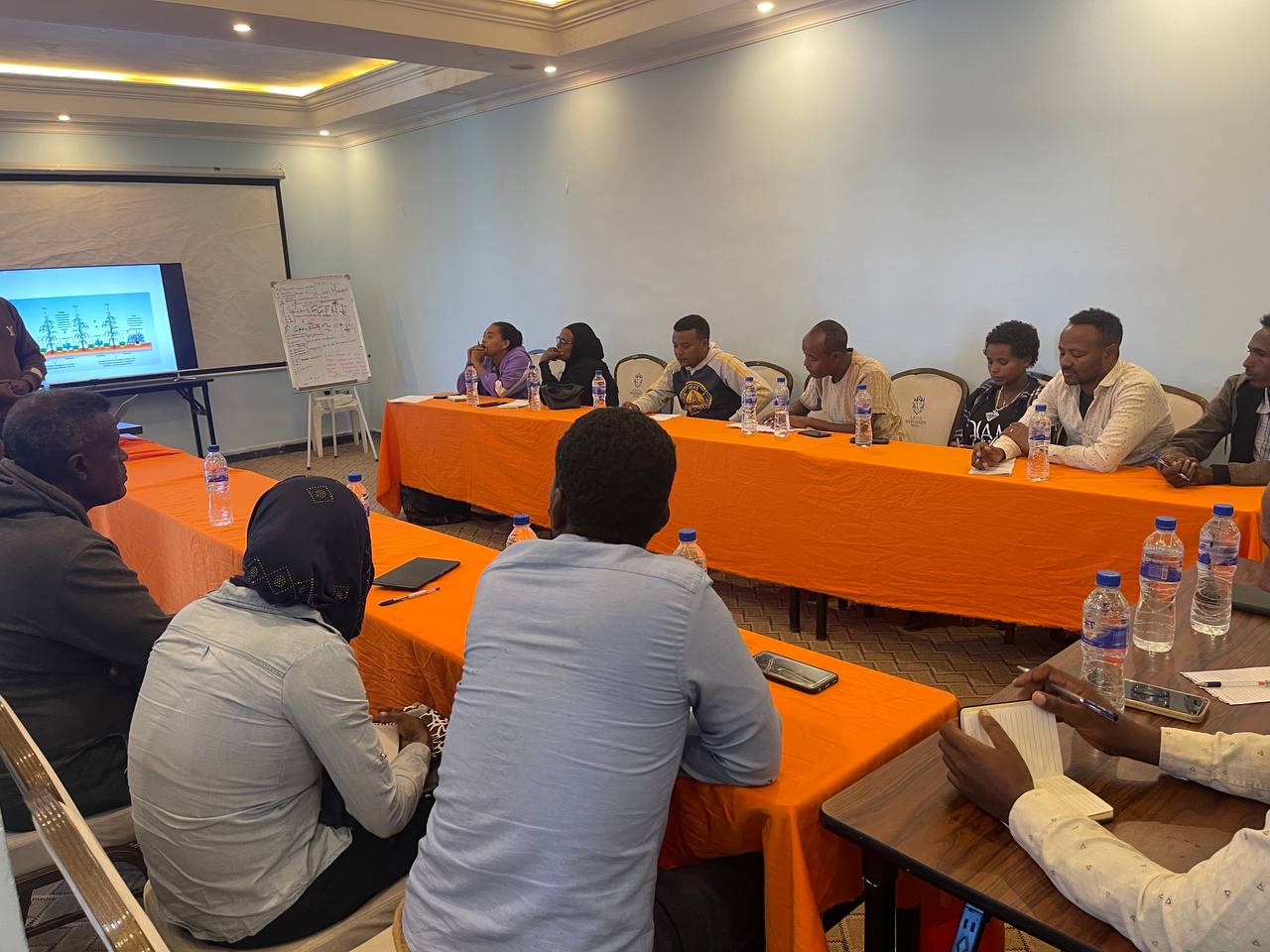The European Commission has recognized the potential of the circularity and bioeconomy to meet global climate targets and make Europe a greener continent. To reach these goals, the Commission has developed several political strategies, some of which were discussed during the event organized by UPSCALE partner BayFOR (Bavarian Research Alliance), e.g. the recently launched European Green Deal, the Circular Economy Action Plan, the Bioeconomy Strategy, the Plastics Strategy and the Action Plan on Critical Raw Materials.
On the 16th of June 2021, BayFOR organized the virtual event “Next Destination: Horizon Europe Circularity & Bioeconomy – how to match your R&I proposal with EU and regional strategies”. Next Destination: Horizon Europe” is a series of information events organized by BayFOR on various topics related to the new European Framework Programme for Research and Innovation.
In the second part of the event, circularity and bioeconomy funding options under Horizon Europe, the EU’s new Framework Programme for Research and Innovation were presented. Moreover, ongoing EU-funded projects reported about their best practices in terms of impact creation and project implementation. Therefore, UPSCALE representatives have provided insight into the specifics of EU-Africa cooperations whereas Phy2Climate and LCBA both include partners and case study sites from Latin America. Circular Flooring has strong industry participation and has also reported about the industry’s motivation to participate in such an EU R&I project.
During this online event, more than 50 international stakeholders from the Americas, Africa, and Europe took part to learn about current European and regional strategies in circularity as we as in bioeconomy (e.g. European Green Deal, the Circular Economy Action Plan, the Bioeconomy Strategy, and the Plastics Strategy). As the attendees were mostly from universities, research organizations, companies, public authorities, and NGOs, very fruitful discussions took place towards the need for the implementation of political strategies from Europe as well as from your region within a research project.
Main outcomes
The attendees of the event were notably impressed about the very international environment of the event, together with the crucial information presented, namely that international partners outside Europe (here: from Africa and Latin America) are eligible for being a full beneficiary within a European funded research project. The insights on new funding options together with support mechanisms in Bavaria gained a lot of interest.
Main impacts were created in terms of insights on the approach how to address regional, national and international circularity and bioeconomy strategies within a research & innovation project. Additional to this, the different running European-funded projects provided knowledge on how to create a fruitful contributions towards strategy development in circularity and bioeconomy. On a very practical level, the project partners from Africa and Latin America explained very clearly how to run international project cooperation between stakeholders from research, industry, and relevant policy levels.




